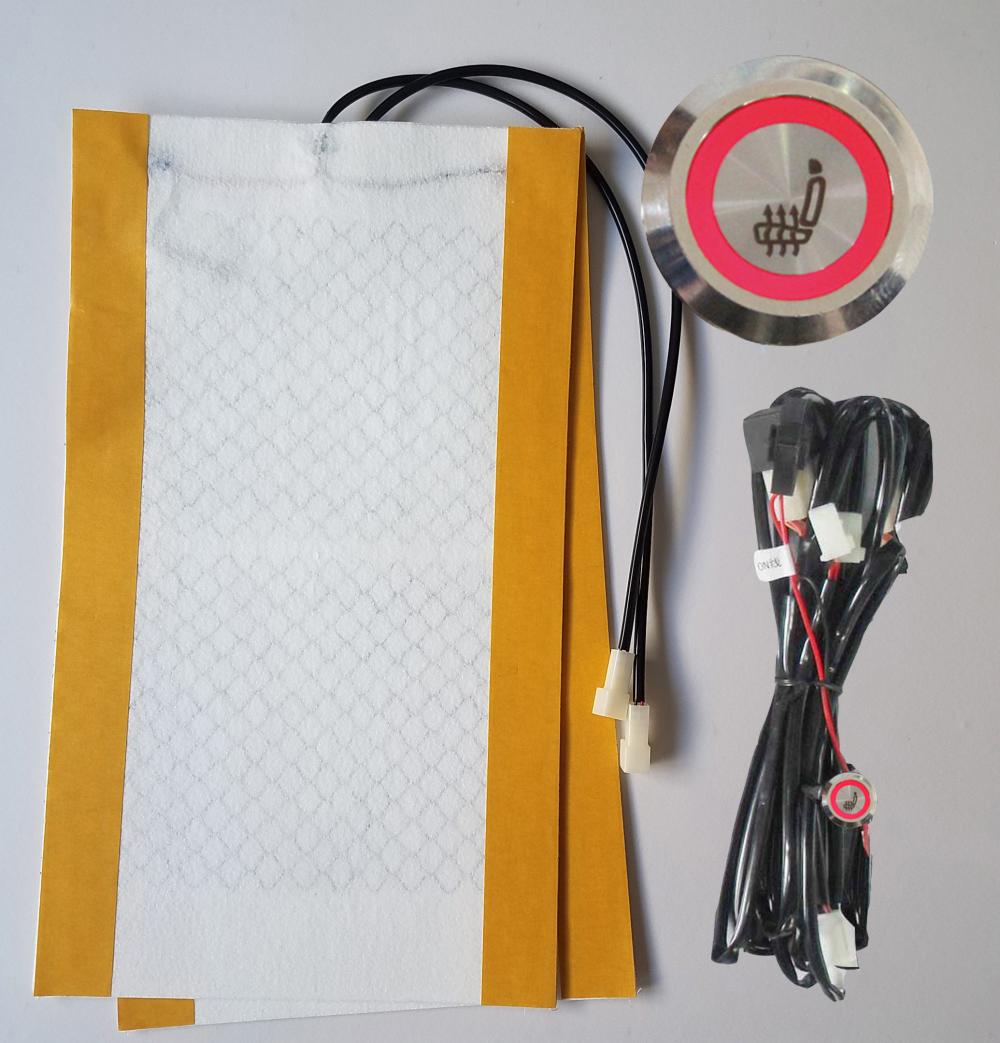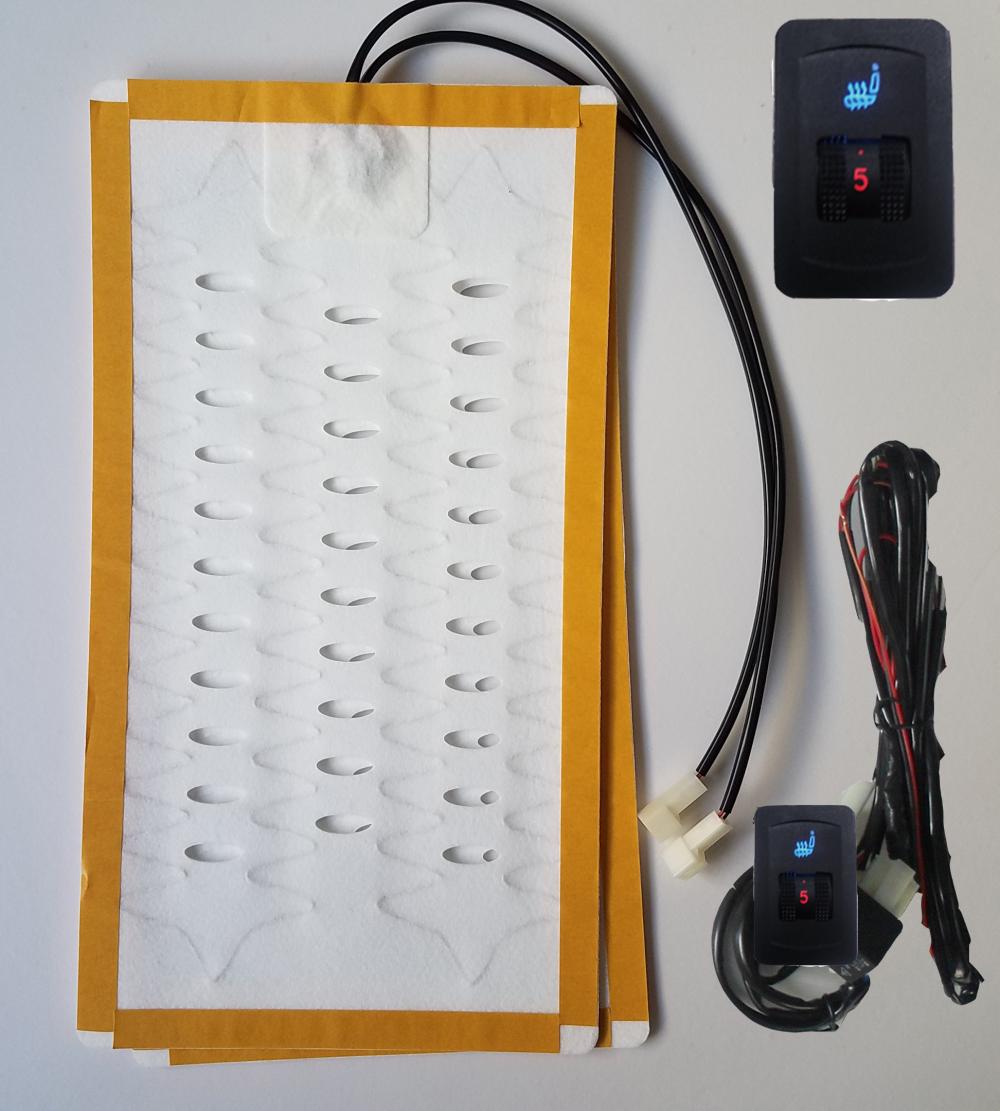The seats have been equipped with fast heating wires to heat up in minutes. It provides even heating on both the back and seat to beat the cold weather. Auto Seat Heated,Auto Seat Heated Cover,Rear Seat Heated Cover,Auto Seat Control Heating JiLin Province Debang Auto Electric Co.,Ltd. , https://www.dbheatedpads.com
The voting results showed that more than 70% of industry insiders believed that it was only a matter of time before the Japanese cars retreated in the Chinese market. Among them, 59% of them were inclined to believe that the prediction of the Japanese car's defeat in the Chinese market in the next 5 to 10 years would become reality.
This result was obtained by Gasseo.com after a week-long industry survey. Of the 2632 people surveyed, only 25% believe that the Japanese car's failure in the Chinese market will not occur. As for Japanese cars that hold a pessimistic position in China’s development, those who occupy 59% of the total number of voters tend to believe that in the next 5 to 10 years, Japanese cars will suffer a great defeat in the Chinese market, and another 15% People speculate that this drastic change takes about 10 to 20 years. This group of data shows that the Japanese car's development prospects in the Chinese market are generally not optimistic about the industry.
In the cause investigation, the conservative policy of localization operations may be fatal. The proportion of “not fully localized operations†is up to 32%. The low degree of localized operation of Japanese multinational companies in China is mainly reflected in four aspects: First, the product design mechanism for the domestic market, that is, after researching and studying the rapidly changing and continuously diversified needs of China, it is specially designed, developed, and quickly introduced with new demands. Adapted products, rather than taking Chinese-styled improvements for products developed in Japan; Second, increasing the proportion of localized procurement (parts and accessories); Third, localization of research and development, that is, establishing R&D institutions in China and understanding the Chinese market The personnel led product development decision-making and implementation; Fourth, management localization, so that the Chinese who manage the Chinese market more experienced into the management and occupy a relatively large proportion. Judging from the current situation, Japanese automakers are just like Japanese companies in other industries. The localization process is constrained by Japanese corporate culture, and the outlook is not promising. This is also the key reason why people in the industry are not optimistic about the Japanese OEMs in the next phase. 


Survey shows that localization is too low to drag down Japanese cars
While the auto market in China is advancing rapidly, Toyota has experienced a decline in sales. At the same time, Toyota's performance in North America, especially in Canada, is not satisfactory. If the performance of Toyota’s recent under-sales is interpreted as a continuation of the financial crisis and Toyota’s continuous recall after the crisis, Japanese cars represented by Toyota are gradually entering the mature competition stage of the Chinese market. Due to its low localization and conservative policies, it may incur a real defeat and repeat the previous failure of Japanese household appliance brands in the Chinese market. This is the serious challenge Japanese auto companies will face. This is also Gasgoo.com. The latest issue of the industry survey.